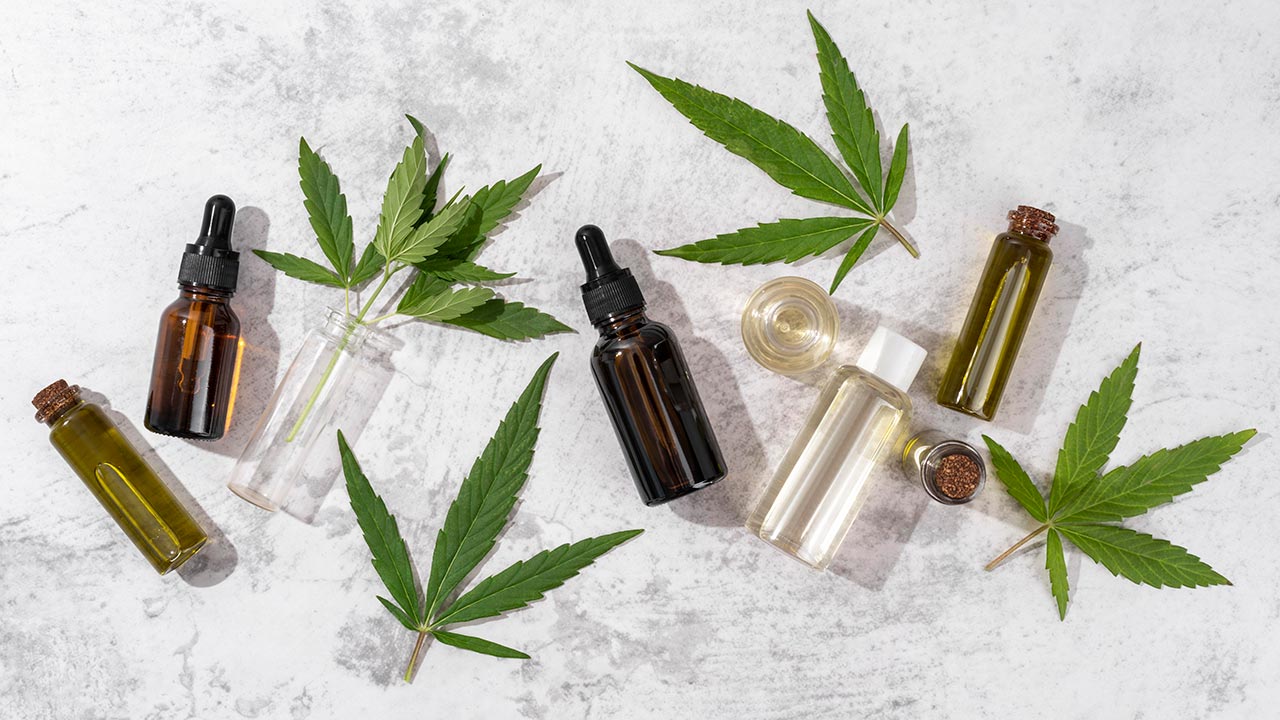DEA Addresses Legality of Minor Cannabinoids
Summarize

The continuing research into minor cannabinoids like THCA, hydrogenated CBD, and delta-8 THC has led to a need to clarify their legal status. The CBD industry, which includes selling products with minor cannabinoids, is in a legal state of confusion since the government’s regulations only address the THC content in hemp. Now the Drug Enforcement Administration (DEA) has issued its opinion in a June 9, 2023 letter concerning the scheduling status of the various compounds under the Controlled Substances Act (CSA).
Current federal law, per the 2018 Farm Bill, made hemp with 0.3 percent delta-9 legal. However, hemp plants also contain delta-8 THC and THC-hexyl, called tetrahydrocannabinols. The products that contain less than 0.3% delta-9 THC are legal, but they will also contain the other cannabinoids, which are in legal limbo. If the THC exceeds 0.3%, it becomes a Schedule 1 controlled substance with a high potential for abuse.
The primary issue with delta-8 THC is that it is frequently produced via a synthetic process. The synthetic process converts CBD into delta-8, which is intoxicating. The DEA has already said that all cannabinoids produced synthetically are considered Schedule 1 substances and will publish a final rule. For this reason, the DEA letter focuses on delta-9 THCA. It says delta-9 THCA is non-intoxicating and should be included in post-decarboxylation testing for total THC as already required by statute.
Terrance Boos, chief of the DEA’s Drug and Chemical Evaluation Section, said,
“Accordingly, cannabis-derived delta-9-THCA does not meet the definition of hemp under the CSA because upon conversion for identification purposes as required by Congress, it is equivalent to delta-9-THC.”
Attorney Rod Kight believes the statute requiring post-decarboxylation testing applies to production only and not to testing after cannabis harvesting. Production is the term for pre-harvest hemp.
Kight points to the fact that delta-9 THCA can increase following harvesting. The implication is that the DEA opinion could lead to some harvested cannabis testing for more than the legal amount of delta-9 THC. The post-decarboxylation test is called the “total THC” test, which would include delta-9 THCA, but the legal status of delta-9 THC levels in hemp that has been harvested and passed a post-decarboxylation test implies only delta-9 THC levels.
There is so much confusion about the legality of cannabinoids. The Farm Bill says that post-production hemp products cannot contain more than 0.3% delta-9 THC. It does not say “total THC.” Kight says this makes delta-9 THCA and other natural derivatives legal. The Farm Bill explicitly addresses delta-9 THC and not THCA.
The DEA letter mentions some cannabinoids that have appeared in the marketplace and are not legal. HHC (hexadryocannabinol) and H4-CBD are synthetic cannabinoids, making them Schedule 1 controlled substances. So are delta-8 THC-O and delta-9 THC-O.
The cannabis industry seems to get more legally confused whenever a regulatory agency issues an opinion. One reason is that a single law is difficult to develop when there is little information about most cannabinoids. The hemp plant has over 140 cannabinoids, and most clinical research has focused on THC and CBD. Add the issue of synthetic cannabinoids, and it is even more challenging to write a reasonable law or regulation. An excellent example of the challenge of legally addressing cannabinoids is the fact that there is current discussion on interpreting the Farm Bill language five years after its passage.
Share this post


0